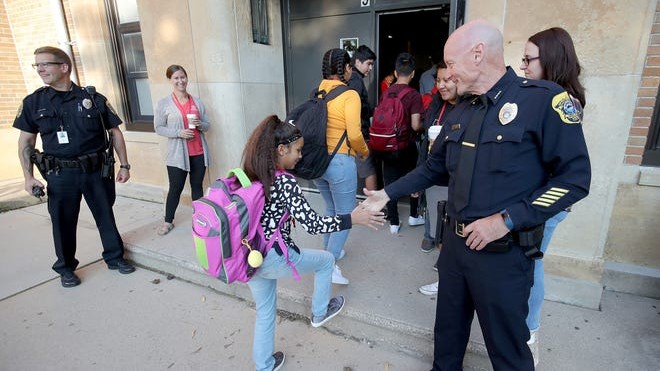College Paying Nearby Landlords To Increase Security
In a means to address violent crimes popping up around campus, one college is giving money to landlords to ramp up college security.

A look at Temple University’s crime log says it all. College security has become a growing issue for the inner city campus located in Philadelphia, PA. And the city’s data is telling as well. Crime is on the rise within The City of Brotherly Love. Gun violence has spiked at an alarming rate, and Temple University is now addressing the increased violence issue in a creative way.
According to reports from Inside Higher Ed, Temple University announced new efforts to enhance college security. The new measures, however, weren’t focused around ramping up safety on campus grounds. According to the college’s announcement, they will be addressing the safety of near-campus students who live in the neighboring area.
After conducting a college security survey, Temple University noticed a trend. While 81% of students living in university-owned residence halls reported feeling safe in their area of residence, only 56% of respondents living in private housing on or near campus reported feeling safe. To address the concern, the new initiative will place $2500 worth of grants into the hands of neighboring landlords located near the campus to upgrade their personal security.
In order to receive the college security funds, landlords need to apply for the grant. To do so, landlords need to contact [email protected] for further information. The funds can be used to install more lighting, and even towards the purchase of cameras to improve college security. Purchases must be made upfront, but if approved, landlords can submit their receipts for reimbursement.

Philadelphia’s uptick in violent crimes has left students and parents of Temple University scared for their safety as the call for more college security increases. Even before the university had made plans for increased college security, parents were reportedly hiring private security firms to protect their children in school. Much of this was the aftermath of the recent murders of two of the college enrolled students, Samuel Collington and Katherine Kelemen.
The tragic deaths of the two students happened during the same week earlier this fall. 21-year-old Samuel Collington was shot twice outside of his apartment near the college campus in an attempted robbery. Just days earlier, 22-year-old Katherine Kelemen was also murdered. In a statement given in November by Temple’s executive director of public safety, Charlie Leone, the director made note that the university was working with city officials to further enhance college security in and around the campus.
In the weeks leading up to the new college security grant program, violence shook the Temple University community once again, as students called for extra college security. In just one week alone, Fox 29 reported that four people were shot in the neighborhoods surrounding the campus. But will extra security cameras and lights really make a dent in the issue?

According to Tech Radar, security systems are effective at deterring home break-ins. But on the other hand, research from the Municipal Technical Advisory Service Institute for Public Service says that security systems are the most effective when combined with other security measures, such as added security guards. Still, other than the grant program, Temple has other plans to ramp up college security.
Also in the college security announcement, Temple University laid out other measures to increase safety. The University is urging students that don’t reside on-campus to rethink their living situation and consider moving into one of the facilities maintained properties where security guards monitor. The university also said they plan on increasing the amount of campus police they have on hand at any given time. In total, the school said that they have hired 10 new officers this year, and noted that several applicants were undergoing background checks. And to address the issue outside of the university’s patrol borders, Temple is considering a neighborhood watch program that would place public safety ambassadors in the neighborhoods surrounding campus.



